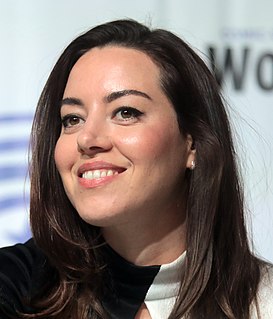A Quote by Nipsey Russell
You see, the patience of an audience is very short, particularly with a non-entity. You're an intruder, and you must make them laugh within three or four seconds. My poems fit the requirements, and I'm always thinking up new ones.
Related Quotes
The best way to make friends with an audience is to make them laugh. You don't get people to laugh unless they surrender - surrender their defenses, their hostilities. And once you make an audience laugh, they're with you. And they listen to you if you've got something to say. I have a theory that if you can make them laugh, they're your friends.
But when you're in front of an audience and you make them laugh at a new idea, you're guiding the whole being for the moment. No one is ever more him/herself than when they really laugh. Their defenses are down. It's very Zen-like, that moment. They are completely open, completely themselves when that message hits the brain and the laugh begins. That's when new ideas can be implanted. If a new idea slips in at that moment, it has a chance to grow.
I've always been such a fan of short films - in fact, I never considered that I would actually make a feature. I just thought I wanted to make shorts for the rest of my life. They are a lot harder to have shown and a lot harder to find and see as an audience, but I don't know. It's just a form that I really love. I was just making them for the process, but ultimately, I did get them into festivals, and they did end up on television, and they had as much of a life as short films can.
In film, it's up to the director to tell the story in whatever way he sees fit, and however you fit into that ultimate vision is where you fit in. So what you did on that stage, on that set, may not be what you ultimately see when you see the final product. And TV works so fast, it works so fast, it's just about product. The average TV show, one episode shoots eight, 10 days. That's it. You get three or four takes for a scene, and then it's over. But people do it for the money.

































